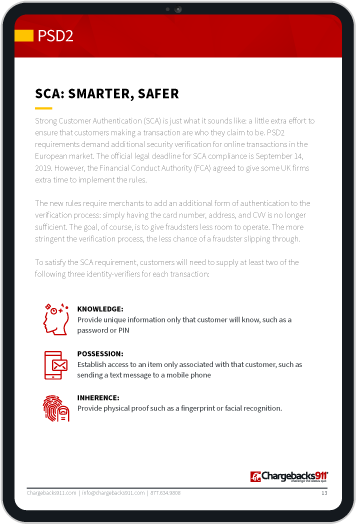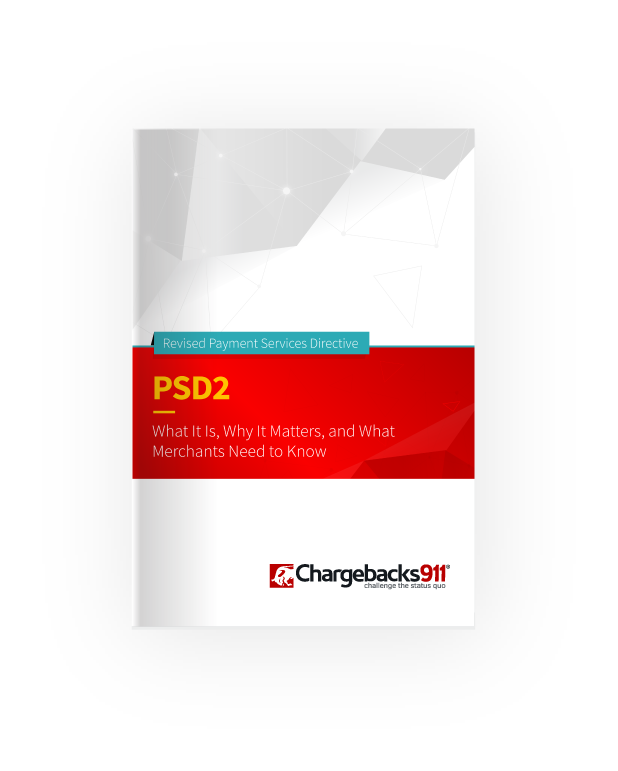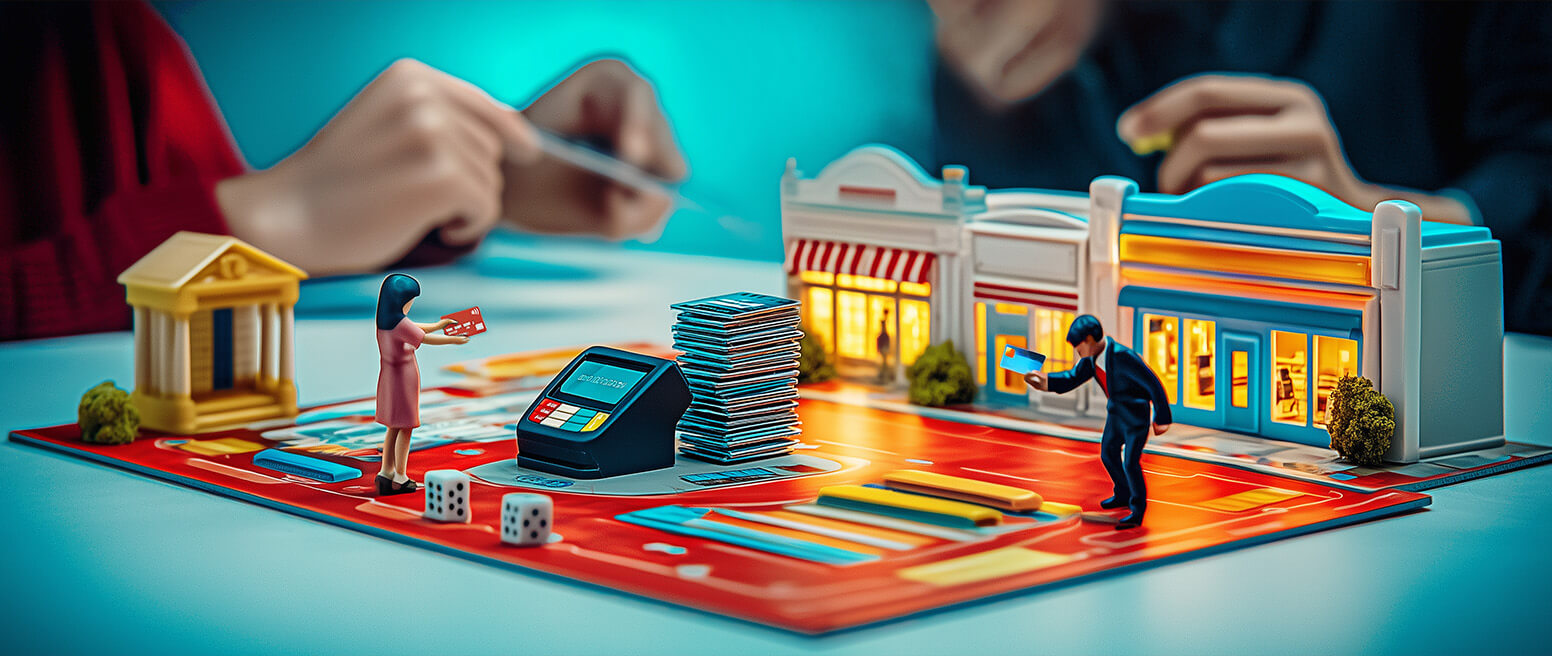Learn the Step-by-Step Process for How to Dispute a Charge & Recover Your Money
So, you’re dissatisfied with a purchase you’ve recently made. But you aren’t sure how to get your money back. What should you do?
Well, there are a few things you should consider before you leap to the dispute stage: For instance, you need to consider how the merchant responded, what the item is, how it arrived (or whether it arrived at all). That’s just a few of the variables at play here.
Next, you need to know how to dispute a charge. It can actually be a bit of a complicated process. So, we’ll just start with the basics.
Recommended reading
- Chargeback Stats: All the Key Dispute Data Points for 2025
- Provisional Credits: Here’s Everything You Need to Know.
- Here are the 7 Valid Reasons to Dispute a Charge
- What Happens if You File a False Chargeback Claim?
- A Step-by-Step Guide to the 2025 Chargeback Scheme
- A Step-By-Step Guide to the Chargeback Process in 2025
What is a Credit Card Dispute?
A credit card dispute (or chargeback) occurs when a credit cardholder registers a formal complaint against a merchant regarding a specific transaction. Most transaction disputes are due to claims of fraud or unauthorized purchases. However, one may be filed if the item never arrived, services weren’t performed, the item arrived damaged, etc.
Credit card disputes are a consumer right. In a sense, your chargeback rights are protected by law. In 1978, The Electronic Funds Transfer Act was passed to ensure consumers had the ability to dispute questionable transactions and get their money back from unscrupulous merchants. However, many consumers either aren’t aware of this law, or simply don’t know how to navigate the dispute process.
For instance, how do you act on the rights guaranteed under the EFTA? What are considered valid reasons to dispute a charge, and what should you do before contacting the bank? We’ll break all that down, step by step, in the next sections.
Learn more about chargeback lawsHow Does the Dispute Process Work?
Essentially, when you file a dispute with your bank or credit card network, you’re formally stating that a merchant has failed to uphold their end of a transaction. They failed to verify your credentials before finalizing a sale (i.e. fraud), or they failed to provide you with the goods or service you paid for. In either case, the merchant didn’t fulfill their responsibilities.
You’re expected to have tried to contact the merchant about the issue before your bank or credit card network will approve a dispute on your behalf. Also, the reason for your dispute must fall into a pre-approved list of categories (below).
If you’ve followed these guidelines and are certain that your criteria matches, you can then contact the bank that issued your credit card. Explain your situation, and ask for their intervention. If your issuing bank agrees with your claim, they will contact the merchant’s bank to notify them of the disputed charge. Your issuing bank will often give you a provisional credit for the disputed amount, and the dispute will progress from there.
If you file a dispute, the merchant also has the right to fight your dispute, meaning they are given the opportunity to provide evidence that could refute or invalidate your claim. If this happens, your bank may reverse your provisional credit and return those funds to the merchant.
Provided you have followed the above guidelines and your dispute is ruled valid, your dispute claim should proceed as normal.
Valid Reasons to Dispute a Charge
Firstly, all valid disputes can be sorted into one of two categories: fraud (whether card fraud or by a fake merchant) or merchant error (authorization, processing, and fulfillment errors). If your complaint falls into either of those categories, you may be entitled to file a dispute.
To ensure that your dispute is accurate, and that you have a valid reason to dispute a credit card charge, let’s go over them in more detail:
So, now that we’re more familiar with the dispute process and have run down the valid reasons to dispute a charge, let’s talk about how you actually do it.


Based on a survey of over 400 merchants, the report presents a comprehensive, cross-vertical look at the current state of chargebacks and chargeback management.
Access the FREE ReportHow to Dispute a Credit Card Charge
Like we stated above, most legitimate disputes are the result of one of two sources: criminal fraud or merchant error. Different criteria apply in each of these cases. Don’t worry, though; here are a few simple instructions you can follow based on each of the three valid dispute sources:
5 Tips for a Strong Dispute Claim
The details of how to dispute a charge can get pretty complicated for the uninitiated. That said, here are a few tips to organize a strong dispute claim and make the best argument you can for your case:
Get Your Facts in Order
Know the who, what, when, and why. We’re talking account numbers, merchant contact information, transaction details, and reasons why you’re disputing the transaction.
Ensure Your Reason is Valid
You can directly point to one of the above reasons to explain why the transaction is erroneous or malicious.
Have Documentation to Share
Collect any evidence you have that the merchant failed to uphold their end of the transaction: listing photos, delivery/item damage photos, conversation screenshots with the merchant, errors on your statement, etc.
Make a Compelling Argument
Write a short, concise letter (or email) explaining the details of your situation in detail– without falling into petty observations, insults or accusations. Keep it simple and stick to the facts, including your evidence.
Stay Within the Correct Timeframe
Older time limits for disputes vary based on reason code; in many cases buyers have 120 days after a purchase to file a chargeback. But, it could be up to 540 days, in some situations.
Invalid Reasons for a Dispute
You should have a basic understanding of how to dispute a charge and what you’ll need to go about doing it. Now, let’s go over what doesn’t actually qualify as a legitimate reason for a dispute.
The list of acceptable reasons to dispute a charge isn’t very long. For example, as a rule, merchants can’t be held accountable for purchases consumers just generally regret. In these cases, consumers who request disputes are engaged in a practice called first-party fraud. Despite popular belief, this does carry consequences for offending consumers.


This detailed report shows why traditional attempts to combat chargebacks fail and how one fundamental misunderstanding is at the heart of most chargeback management mistakes.
Download the FREE WhitepaperThe law allows consumers to dispute charges when the merchant has made a legitimate error or has failed to uphold their end of a transaction. This does not include items you decide you don’t like or those you’ve decided you no longer need.
To illustrate, here are a few common, yet invalid reasons for a cardholder to dispute a charge:
| Invalid Reasons for Disputes |
|
Chargeback abuse can wreak all sorts of havoc on merchants and banks, who will in turn, charge customers more for their goods and services. This is why it’s incredibly important for consumers to know the difference between a valid dispute reason and an invalid one. Not only that, but there could be serious consequences for you individually, too.
Banks, and credit card networks have begun to take note of repeated chargeback abuse. They’re starting to impose heavier consequences for this behavior, such as:
| Consequences of Falsifying Disputes |
|
In extreme cases, so-called “cyber shoplifters” can even be prosecuted for the merchandise they fail to return. To put it bluntly, abusing the chargeback process to fleece a business for an item you didn’t want to pay for is a bad idea. Just don’t do it.
The Bottom Line
If you’re a cardholder who has been legitimately wronged by a third party (fraudster) or an unscrupulous merchant, you should absolutely file a dispute with your bank. Remember, you have the right to dispute wrongful charges, and we strongly encourage you to exercise that right when warranted.
Still unsure whether or not the issue you’re having is eligible for dispute? We recommend contacting your bank directly to explain the situation and inquire about next steps.
Ultimately, it’s in everyone’s best interest for consumers to reach out to their merchants directly for a return or refund, and cease being overreliant on their banks to get their money back. Although it can seem like it is much more convenient to obtain a refund that way, in reality it can take weeks to see any funds moved into your account. The process can run even longer if the merchant decides to fight back through representment.
FAQs
What is a credit card dispute?
A credit card dispute (or chargeback) occurs when a cardholder registers a formal complaint against a merchant regarding a specific transaction. Most transaction disputes are the result of claims of fraud or unauthorized purchases, although one may be filed if the item never arrived, services weren’t performed, or the item arrived damaged, etc.
Will I get my money back if I dispute a charge?
If your issuing bank agrees with your claim, they will contact the merchant’s bank to notify them of the disputed charge. Next, your issuing bank will generally issue you a provisional credit for the disputed amount, and the dispute will progress from there.
What is a good reason to dispute a charge?
You have the right to dispute charges related to criminal fraud, merchant error (billing errors, fulfillment errors, or shipping errors), or merchant abuse (items that never arrived, or items that differ significantly from the listing).
How do you dispute a credit card charge?
Depending on the reason for your dispute (criminal fraud, merchant error, or merchant abuse) the steps to dispute charges could differ: if criminal fraud, reach out to your bank immediately to report the fraudulent transaction. If merchant error or merchant abuse, you will need to provide evidence that you contacted the merchant for a refund or return but were denied or ignored. You may also need to provide evidence that the item you ordered was damaged, missing, or significantly different from what was advertised.
Can a dispute be denied?
Yes. If the bank doesn’t find your claim to be valid, or a merchant can prove your claim is invalid, your dispute will be denied.










